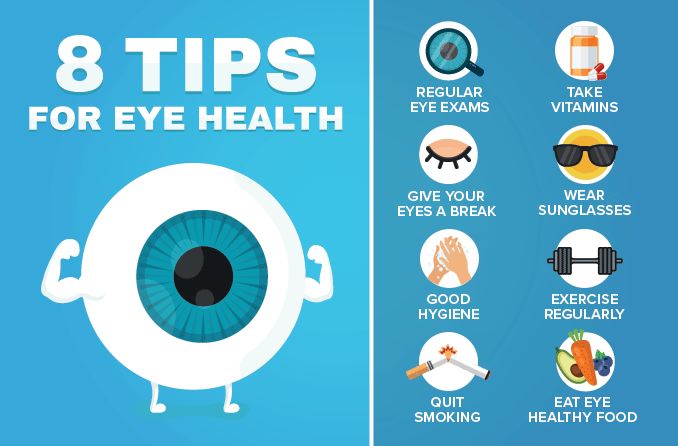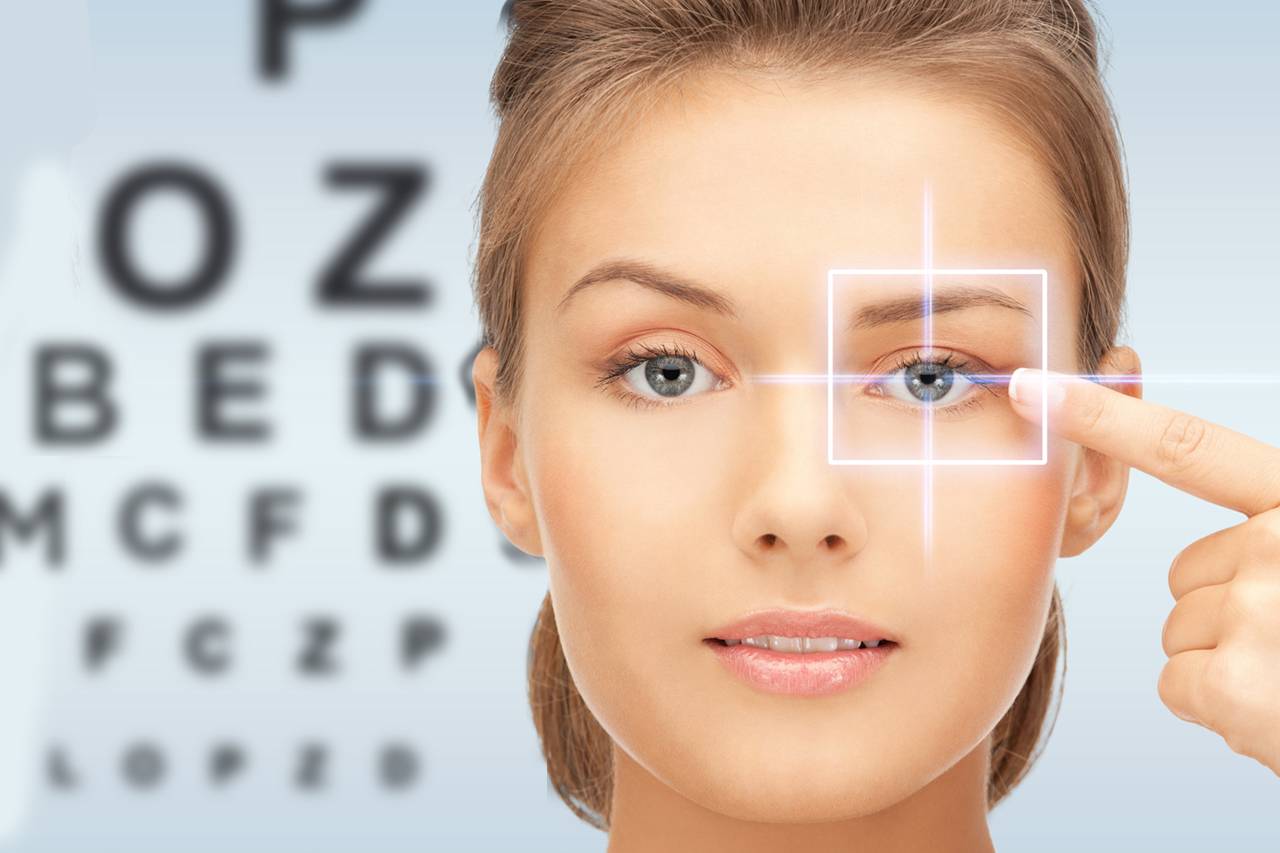Andalusia Pediatrics: Exceptional Care for Children's Health Requirements
Andalusia Pediatrics: Exceptional Care for Children's Health Requirements
Blog Article
Is Refractive Surgery Right for You? Variables to Consider for Better Eyecare
In the world of eye treatment, the choice to undertake refractive surgical procedure is a crucial one that requires thoughtful factor to consider. From the details of one's ocular health and wellness to the complexities of daily practices and personal expectations, each facet holds value in the more comprehensive landscape of refractive surgical procedure candidateship.
Eye Health And Wellness Assessment
When considering refractive surgical procedure, a detailed eye health and wellness examination is critical to evaluate the suitability of the procedure for every person. neurologist andalusia. This analysis entails a collection of assessments and tests performed by an eye care specialist to identify the total health of the eyes, the existence of any hidden problems, and the stability of the refractive error
During the evaluation, various aspects are thought about, such as the client's case history, existing eye prescription, corneal thickness, pupil size, and tear movie high quality. These assessments assist to identify any type of contraindications to refractive surgical treatment, such as corneal problems, cataracts, or unattended eye infections. Furthermore, the analysis assists to manage person expectations pertaining to the potential results of the surgical treatment based upon their unique eye attributes.
Ultimately, the eye health and wellness examination is essential in guaranteeing the security and performance of refractive surgical procedure, as it provides important insights into the person's eye wellness standing and aids determine the most appropriate therapy alternatives for accomplishing ideal aesthetic results. (cardiologist andalusia)
Lifestyle Assessment
An extensive way of life evaluation is important in figuring out the viability of refractive surgical treatment for an individual's visual modification demands. Way of living factors such as line of work, leisure activities, and day-to-day tasks play a vital function in the decision-making process pertaining to refractive surgery. As an example, people with careers that include a high degree of physical task or direct exposure to environmental elements may have different aesthetic demands compared to those with sedentary desk jobs. Comprehending how an individual's way of life might influence their vision post-surgery is essential for handling assumptions and making certain optimum outcomes.
Furthermore, way of life routines such as sports engagement, exterior activities, or even skincare routines can affect the healing process and general success of refractive surgery. By carrying out a thorough lifestyle analysis, eye treatment experts can customize their suggestions and treatment plans to fulfill the distinct needs of each client, inevitably leading to improved visual outcomes and complete satisfaction.
Expectation Positioning

Setting realistic expectations involves extensive pre-operative conversations in between the eye doctor and the person. The surgeon needs to transparently communicate the potential risks, advantages, and restrictions of the treatment (neurologist andalusia). Individuals require to understand that while numerous people accomplish 20/20 vision or better following refractive surgical procedure, some may still require glasses for sure activities like analysis or driving at night. Managing these expectations helps protect against dissatisfaction and dissatisfaction post-surgery, causing an see post extra positive general experience for the patient.
Risk Evaluation

Factors that might increase the risk of issues include age, specific clinical conditions like autoimmune illness, unstable vision prescription, thin corneas, and impractical patient expectations. Additionally, selecting a knowledgeable and skilled doctor, following pre and post-operative care directions faithfully, and disclosing any type of pertinent case history can assist minimize risks.
To reduce the probability of difficulties, ophthalmologists carry out complete pre-operative analyses to identify any type of contraindications to surgical treatment. They additionally review the potential dangers and benefits with individuals throughout the consultation process. By engaging in open communication and shared decision-making, both the eye doctor and the person can collaborate to identify if refractive surgical procedure is the best choice based upon individual risk accounts and desired outcomes.
Consultation Value
Thinking about the crucial function of notified decision-making in evaluating dangers and potential complications in refractive surgery, the consultation process holds substantial relevance in assisting individuals towards optimal outcomes. Throughout the examination, the ophthalmologist assesses the patient's eye wellness, refractive mistakes, and general suitability for surgery. This first evaluation is important in identifying one of the most appropriate procedure for each and every person, taking into account factors such as corneal density, pupil dimension, and existing eye problems.
Moreover, the appointment functions as an opportunity for people to discuss their assumptions, worries, and any inquiries they may have pertaining to the surgical treatment. Clear communication in between the patient and the doctor is important to guarantee realistic assumptions and an extensive understanding of the possible dangers and advantages included.
In addition, the examination allows the specialist to explain the different medical options offered, their corresponding results, and the post-operative view website treatment required. This extensive conversation empowers visit this site clients to make educated decisions concerning their eye care, resulting in much better contentment and end results post-surgery.
Conclusion
To conclude, people taking into consideration refractive surgery must undertake a comprehensive eye health examination, analyze their way of living habits, align their expectations with prospective results, analyze the involved dangers, and focus on appointments with eye care specialists. These variables play an essential function in figuring out the viability of refractive surgical procedure for each and every person, making certain optimum end results and satisfaction with the treatment.
Patients considering refractive surgical procedure often have high assumptions pertaining to the end results, anticipating best vision without the requirement for glasses or contact lenses. While refractive surgery can greatly improve vision and reduce dependence on aesthetic help, it is crucial for people to comprehend that results might differ based on private aspects such as the level of refractive mistake, corneal density, and general eye health.
By involving in open interaction and shared decision-making, both the ophthalmologist and the person can work with each other to establish if refractive surgical procedure is the best choice based on specific danger profiles and wanted results.
Considering the essential duty of informed decision-making in assessing dangers and potential complications in refractive surgical procedure, the assessment procedure holds considerable importance in guiding individuals towards ideal outcomes. Throughout the consultation, the eye doctor evaluates the individual's eye health, refractive errors, and total suitability for surgical procedure.
Report this page